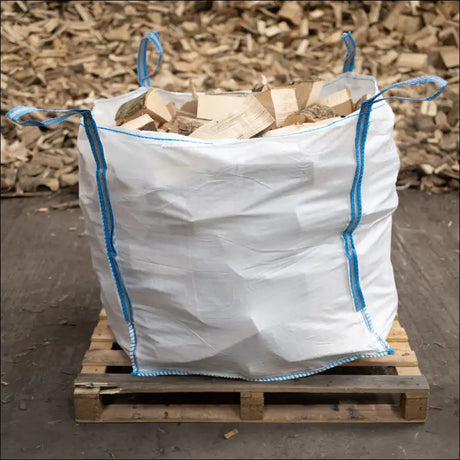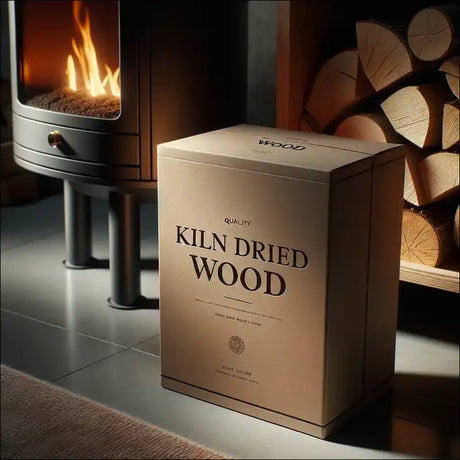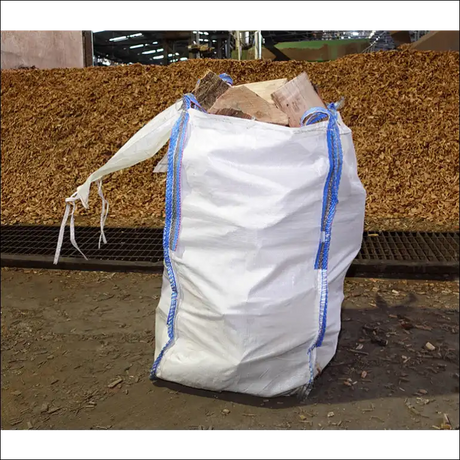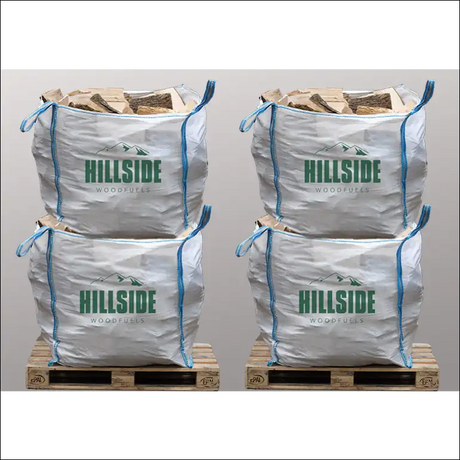When it comes to fuel for our hearths, there's no shortage of options. From traditional logs to heat logs, each has its own set of benefits and drawbacks. Yet, one type of firewood often winds up at the centre of heated debates (pun intended): kiln-dried wood. The question on everyone's lips — is kiln-dried wood worth the money?
To answer this burning question, we must first delve into the world of kiln-dried wood and explore what it brings to the table (or more accurately, the fireplace).
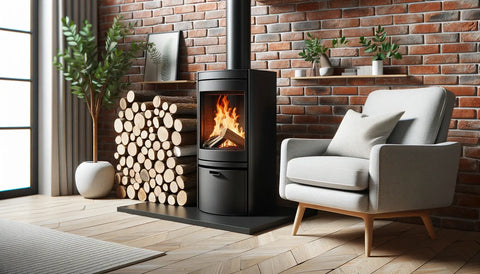
The Advantages of Kiln-Dried Wood
Kiln-dried wood is, as the name suggests, dried in a kiln. This process removes moisture from the wood, making it a superior fuel source in several ways.
A Clean Burn
Kiln-dried wood boasts a low moisture content, typically less than 20%. This results in a cleaner, more efficient burn, with fewer pollutants released into the atmosphere. So, if you're an eco-conscious individual, you may find the environmental impact of burning kiln-dried wood to be a significant advantage.
High Heat Output
A low moisture content means the wood produces more heat per log, keeping your home warmer with less effort. Few can resist the allure of a high heat output, particularly during the bone-chilling British winter.
Less Maintenance
Kiln-dried logs also require less maintenance. They're less likely to harbour pests or mould, and they're easier to stack and store. Moreover, the risk of your kiln-dried wood getting wet is significantly lower, making them a practical choice.
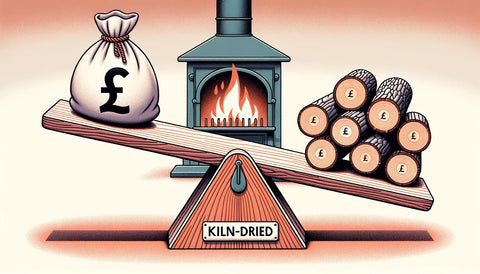
The Cost of Kiln-Dried Wood
Despite its many perks, the elephant in the room remains: the cost of kiln-dried logs. Yes, kiln-dried wood is more expensive than alternatives like green or seasoned wood. The price difference is primarily due to the kiln-drying process, which requires time, energy, and equipment.
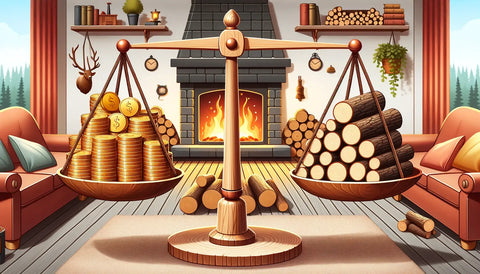
Is It Worth It?
So, is kiln-dried wood worth the money? The answer, like many things in life, depends on your perspective.
If you're after a high heat output, a clean burn, and less maintenance, then yes — kiln-dried wood is worth the investment. While the upfront costs may be higher, the benefits could result in long-term savings. Fewer logs are needed to generate the same amount of heat, and a clean burn means less wear and tear on your wood-burning appliance.
On the other hand, if your primary concern is the upfront cost, you might be considering alternatives to kiln-dried wood. While these options may be cheaper initially, they might not offer the same level of efficiency, heat output, or environmental friendliness.
Conclusion
Is kiln-dried wood worth the money? The answer is a resounding 'it depends.' It depends on what you value most — upfront cost savings, or long-term benefits of efficiency and heat output.
If you're still on the fence, consider this: The warmth and comfort of your home and the planet are investments too. And sometimes, the best investments require us to stoke the flames of our budget a little.
To make an informed decision, explore our collection of kiln-dried logs and delve deeper into the advantages of kiln-dried wood. After all, knowledge is power, and in this case, it could also be warmth.



